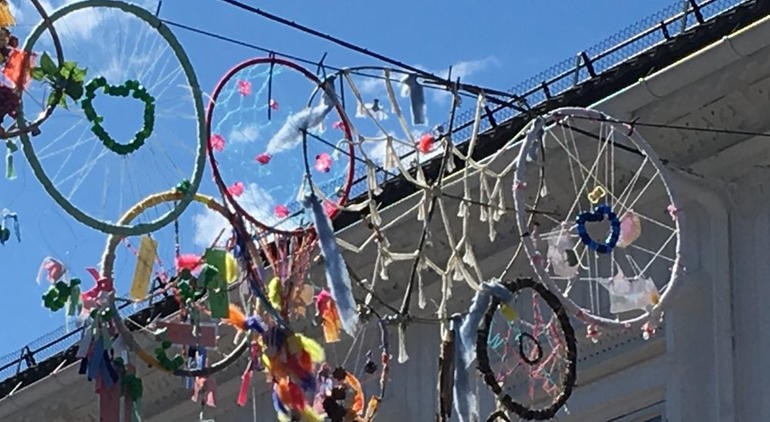This two-year study explores alternatives to the acceleration of early childhood by investigating research and practice that supports slow pedagogies and slow knowledge. This is set against the background of increasing pressures within education and early childhood education and care (ECEC) that has led to an increasingly 'hurried child' (Elkind, 2007/1981) hurried educators and parents. Policy demands to measure and test young children, at an increasingly earlier age, have been part of this pressure (Brogaard Clausen et al, 2015). Measurement as a dominant discourse appears to be at odds with the open-ended nature of play (Clark, 2020).
This study, based on key informant interviews, will include historical and contemporary examples from within and beyond ECEC that present alternative ways to reframe time and temporality in early childhood institutions. This research led by Dr Alison Clark is funded by the Froebel Trust.
References
Clark, A. (2020) ) ‘Towards a listening ECEC system: valuing slow pedagogy and slow knowledge’ in Moss, P. and Cameron, C. (Eds.) Transforming early childhood in England, London: UCL Press.
Brogaard Clausen, S., Guimaraes, S., Howe, S. and Cottle, M. (2015) Assessment of young children on entry to school: informative, formative or performative?` Journal for Cross-Disciplinary Subjects in Education, 6 (1) Online. DOI: 10.20533/ijcdse.2042.6364.2015.0294
Elkind, D. (2007) (First published in1981) The Hurried Child: growing up too fast, too soon. Cambridge, MA: Da Capos Press.
